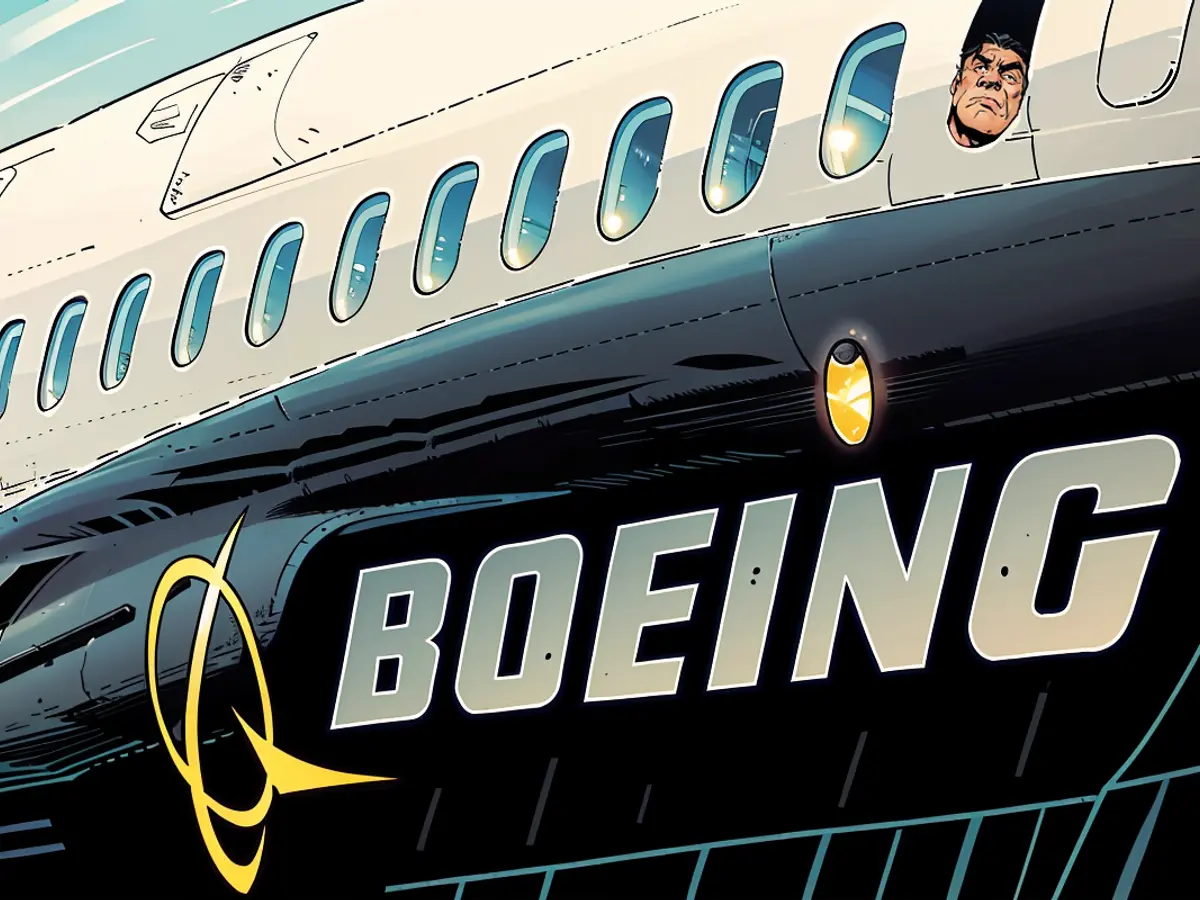Boeing will apply financial restraint in its operations
Management at Boeing has implemented a hiring freeze and forced furloughs for "numerous" employees due to a strike by their largest union. Travel has been significantly reduced to the bare minimum, as mentioned in an email from CFO Brian West to the workforce. This strike poses a threat to Boeing's recovery, leading the company to tighten its financial belt, according to West's arguments.
As part of these measures, managers are no longer permitted to book premium business or first-class flights, all wage increases associated with transportation have been halted, and participation in air shows has been restricted.
The powerful Boeing union, IAM, representing around 33,000 employees, launched a strike on Friday. The strike has impacted Boeing's production centers around Seattle in the northwestern United States, where prominent models such as the 737 and the long-haul jet 777 are manufactured. Notably, Boeing is already experiencing delays in delivering the 737 to several airlines.
Boeing has been grappling with a series of setbacks and has been plagued with substantial losses. A traumatic incident in January, involving a partially detached fuselage section from a virtually new Boeing plane shortly after takeoff, has temporarily halted the expansion of 737 series production.
The union had last gone on strike in 2008, lasting a staggering 57 days, causing an estimated financial loss of two billion dollars, according to analysts.
It's already clear that striking a deal with the union will be expensive for Boeing. The union members rejected a deal with a substantial majority of around 95%, offering a 25% wage increase over a four-year period. The employees have largely accepted minimal wage increases in recent times while living expenses in the region have skyrocketed.
The reason for Boeing implementing a hiring freeze and forced furloughs is the strike launched by the powerful Boeing union, IAM. Despite the financial impact of previous strikes, the union members rejected a deal offering a significant wage increase, pushing Boeing to tighten its financial belt further.








